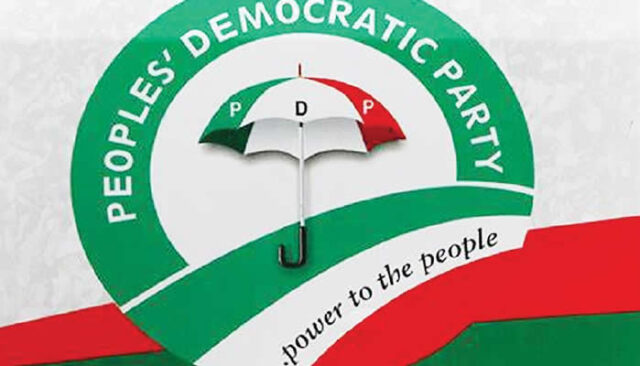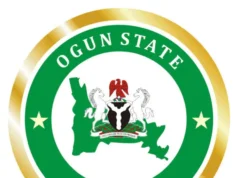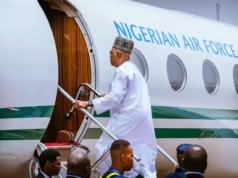The Peoples Democratic Party (PDP) continues to be the de facto primary opposition party in Nigeria despite its protracted internal strife. The results of recent legislative by-elections in a number of states confirmed the PDP’s position as the second most powerful party after the ruling All Progressives Congress (APC), despite recent political upheavals and spills on the newly formed opposition coalition now represented by the African Democratic Congress (ADC).
It has the ability to challenge the APC in the 2027 presidential election due to its combined numerical strength, stronghold in the legislative assembly, governorship, and nationwide reach. At the moment, the PDP has significantly more seats than any other opposition party, ranking second in both the Senate (37 members) and the House of Representatives (119 seats).

It has a strong platform to question and criticise the policies of the ruling party because of its legislative authority. Along with controlling a sizable portion of the states, the party has direct access to millions of voters and a huge network of financial and political resources.
Join our WhatsApp community
The PDPs political base is equally spread across all the six geopolitical zones, unlike other opposition parties whose strength may be concentrated in a specific region. This national presence gives it a foundational advantage in any presidential race, which requires broad support from across the country.
On paper, by every measure of political strength, the PDP has the capacity to mount a formidable challenge to the APC. Whether it can translate that capacity into a winning reality will depend on its ability to overcome its internal divisions and present a united and credible alternative to the Nigerian electorate.
However, the PDP remains a fragmented opposition party today. Unresolved internal issues within the party may prevent it from reaching its full potential. The long-standing grievances from the 2023 election have recently been settled, especially the dispute around the presidential zoning.
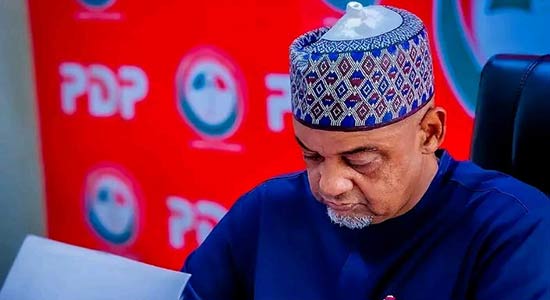
The PDP leadership passed a decision after Monday’s NEC meeting that retained the chairmanship in the North while it zoned the presidency to the South. In contrast to its prior response to the call for a power shift arrangement, this move represents a substantial shift. The ultimate measure of the party’s preparedness for 2027 will be its capacity to bring its disparate sections together and put up a united face under the new pact.
Recently, the party has been desperately looking for a national candidate to run on its presidential ticket. As of right now, it lacks a distinct and cohesive number. The current shopping process and the argument over who has what it takes to win, instead, are feared to exacerbate existing divisions and reduce its ability to attack the ruling party as a whole.
After losing the 2023 election, the PDP found it difficult to find a winning formula, which is shown in the ongoing crises it has faced for the past two years.
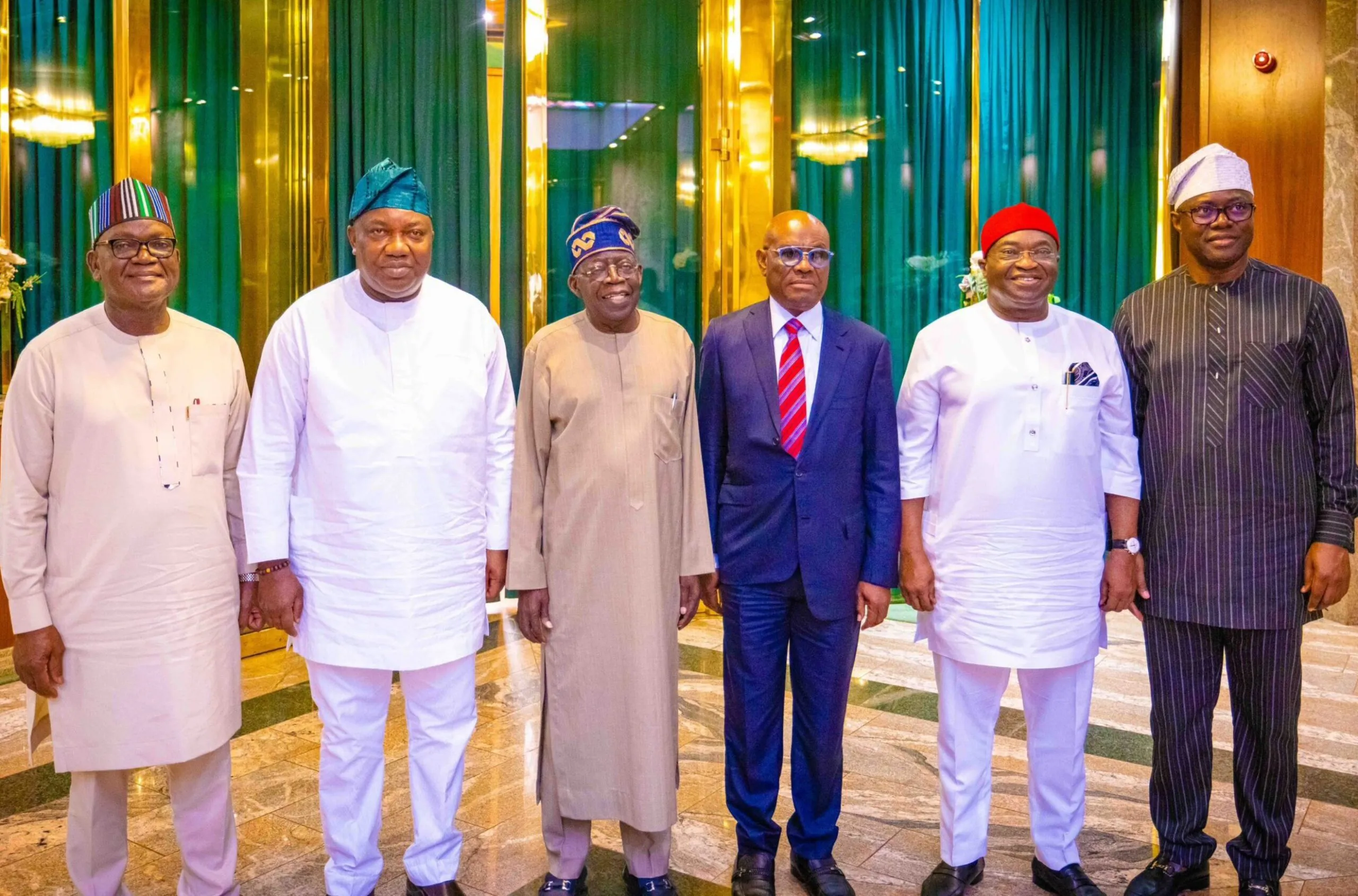
Additionally, the PDP’s capacity to successfully oppose the ruling party has been undermined by these internal disputes. The G-5 Governors’ revolt, which demanded a transfer of authority to the south, was a major factor in the party’s 2023 defeat. The PDP is now very aware that its next candidate needs to come from the South after learning some valuable lessons. In an effort to address this issue and pave the way for a candidate who can unite the South, the PDP has decided to zone the presidential ticket to the South.
At crossroads
The PDP is currently at a crossroads as it attempts to find a careful balance between the various interest groups on the one hand, and the old guard and a newcomer who may revitalise it on the other. The party has come under fire for reusing former politicians. The leadership is currently looking for a candidate who can break with the status quo and introduce a new face to the electorate.

Some others PDP stakeholders are frantically trying to woo former President Goodluck Jonathan to enter the race in the hopes of influencing a sceptical electorate by highlighting his tangible accomplishments. The party is now not in the fortunate position of having a front-runner who is well-liked and obvious. In order to locate a candidate who possesses the attributes it sorely needs to regain power, it must instead navigate a convoluted process of political brokering and internal change.
Join our WhatsApp community
Due to this predicament, many conjectures have already been made. A number of well-known Southern political figures are currently being hailed as possible candidates for the party’s 2027 presidential ticket. Although nobody has officially announced their intention to run, there are a few people, such as Goodluck Jonathan and Seyi Makinde, who are rumoured to be interested in the party’s ticket.
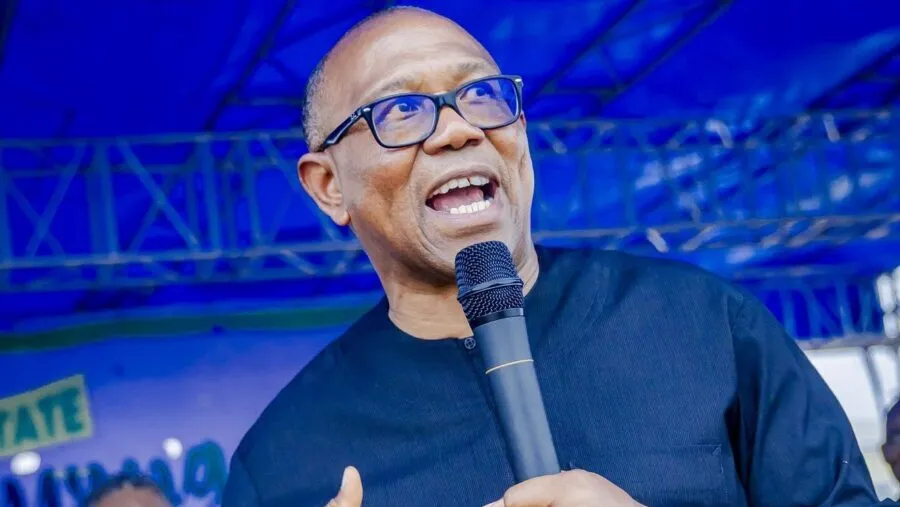
Bala Mohammed, the governor of Bauchi State, has stated that the PDP is also considering other leaders, such as Peter Obi and Rotimi Amaechi, as potential candidates to represent the party in the 2027 presidential election.
“Certainly, former President Jonathan is one of the candidates we are considering if he joins us and opens his mind to run.
“Obi is my friend and brother. If he comes to a platform where there are fewer encumbrances, he will be given the chance as well,” he said.
According to some speculations and PDP stakeholders, Goodluck Jonathan is currently the only one capable of bridging the divide between the North and the South. There is a lot of conjecture and political intrigue in the nation around the former president’s potential 2027 presidential run. His representatives have refuted the rumour, despite the fact that he has not yet announced his decision to run.
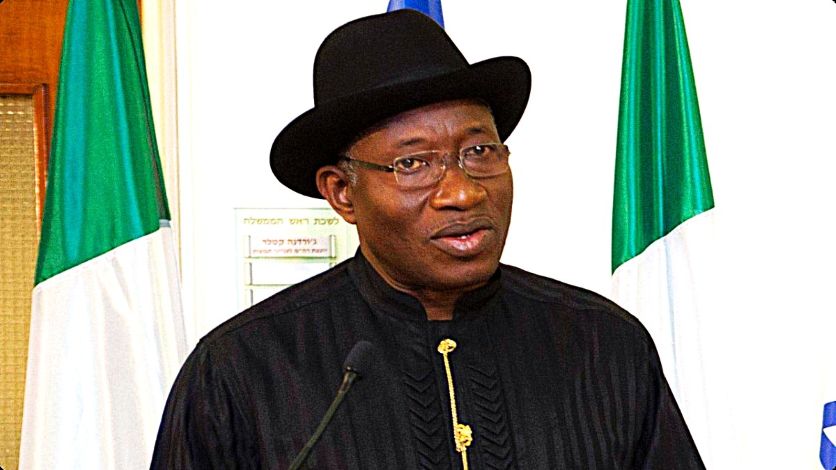
His constitutional right to run for president again has come under scrutiny as a result of the rumours.
Findings have also revealed that the primary goal of the several choices the PDP leadership is bringing out for discussion is to increase the party’s chances of winning the upcoming 2027 election.
However, there are a number of other obstacles opposing the PDP in addition to those on the list. One noteworthy example of this is the Nyesom Wike factor. The former Rivers State governor and current Federal Capital Territory (FCT) minister has been a thorn in the PDP’s side for the past two years. Despite his recently alignment himself with the APC-led administration, his influence within the party is still substantial, leading to uncertainty regarding his true status as a member.

Some of the internal crisis and conflict within the PDP stem from this. Wike’s impact goes beyond only his words. He has considerable political power and is a powerful influence. He can mobilise voters and campaign finances with the help of his potent political apparatus. He is still a significant figure in South-South politics. In addition to weakening the PDP, his alliance with President Tinubu has given the APC a fresh base of support in an area that the PDP has historically controlled.
Join our WhatsApp community
Meanwhile, the PDP’s decision to zone the presidency to the South has, since sparked some muffled rumblings, mostly from the north, with certain factions threatening to oppose the move.
With heightening tensions and escalating power tussles and continued defections following its very obvious struggle to present a unified front, the questions remains , is the PDP still the most influential party in the nation, does the PDP possess the capacity and what it takes to unseat the ruling APC in the coming elections?
Join Our Social Media Channels:
WhatsApp: NaijaEyes
Facebook: NaijaEyes
Twitter: NaijaEyes
Instagram: NaijaEyes
TikTok: NaijaEyes


